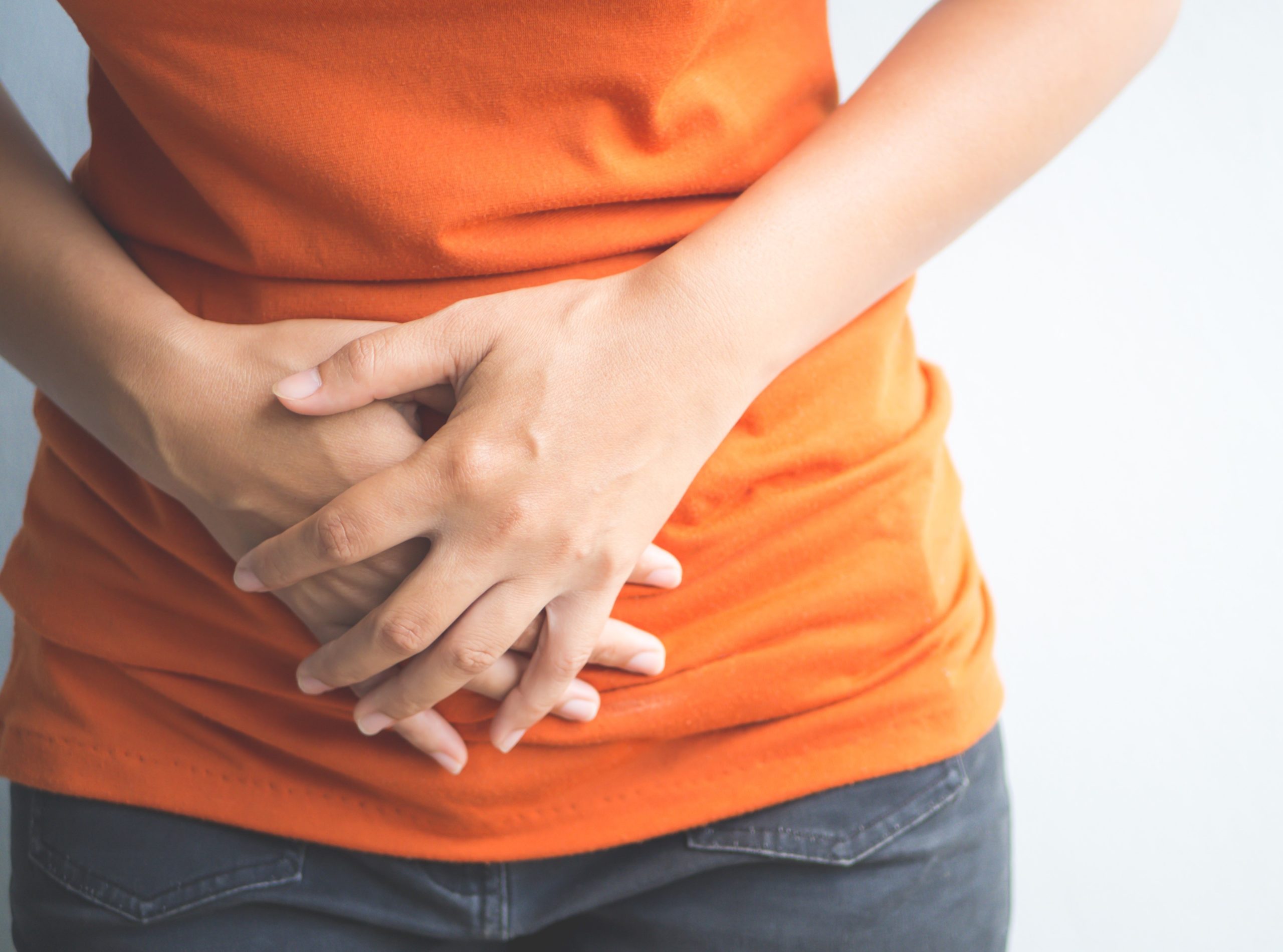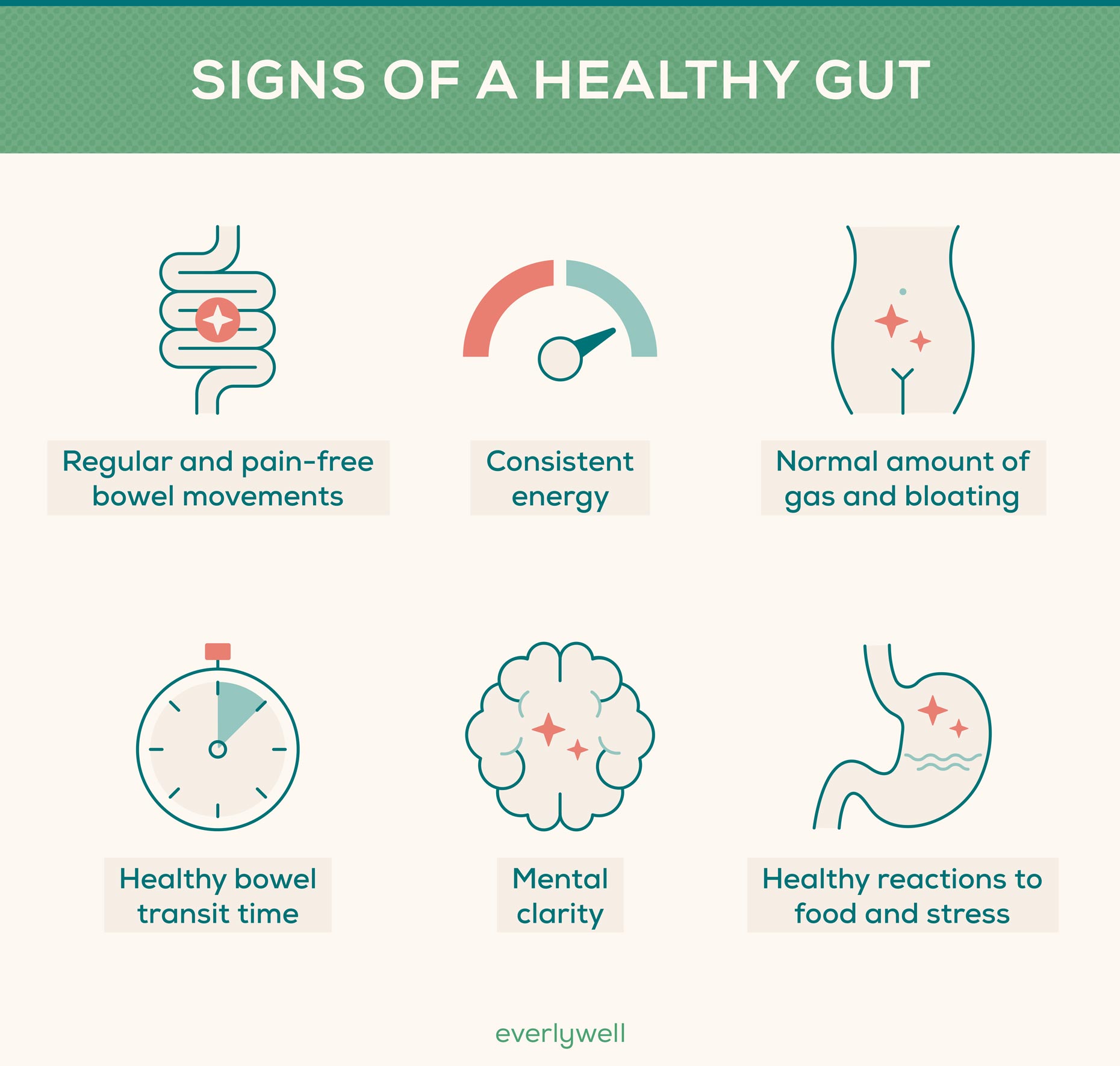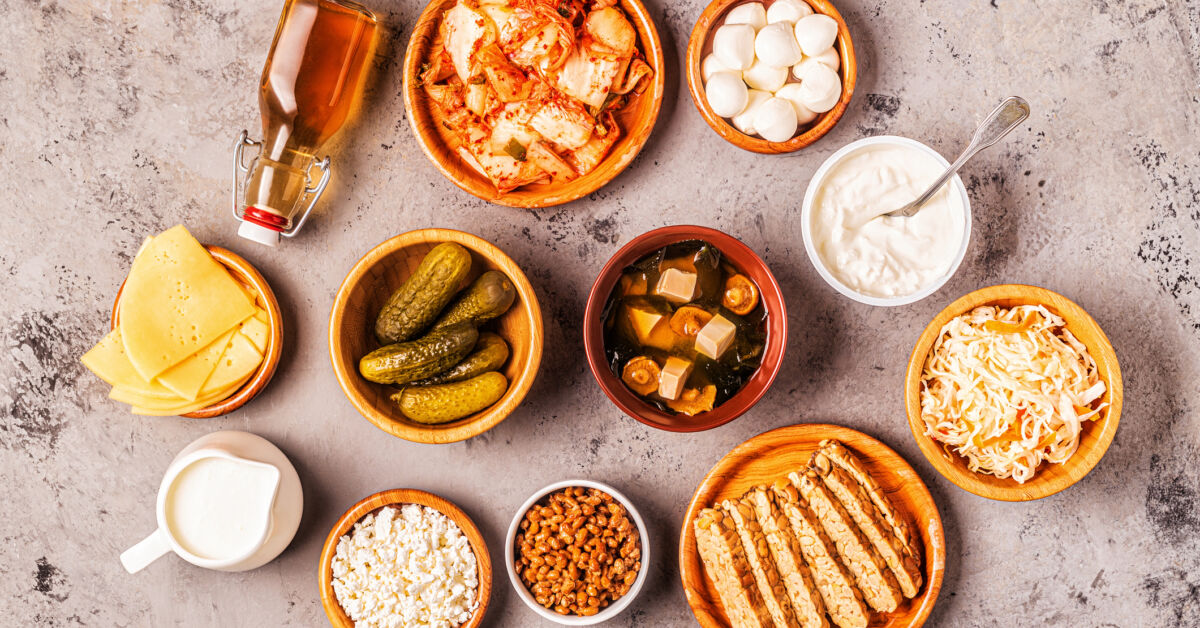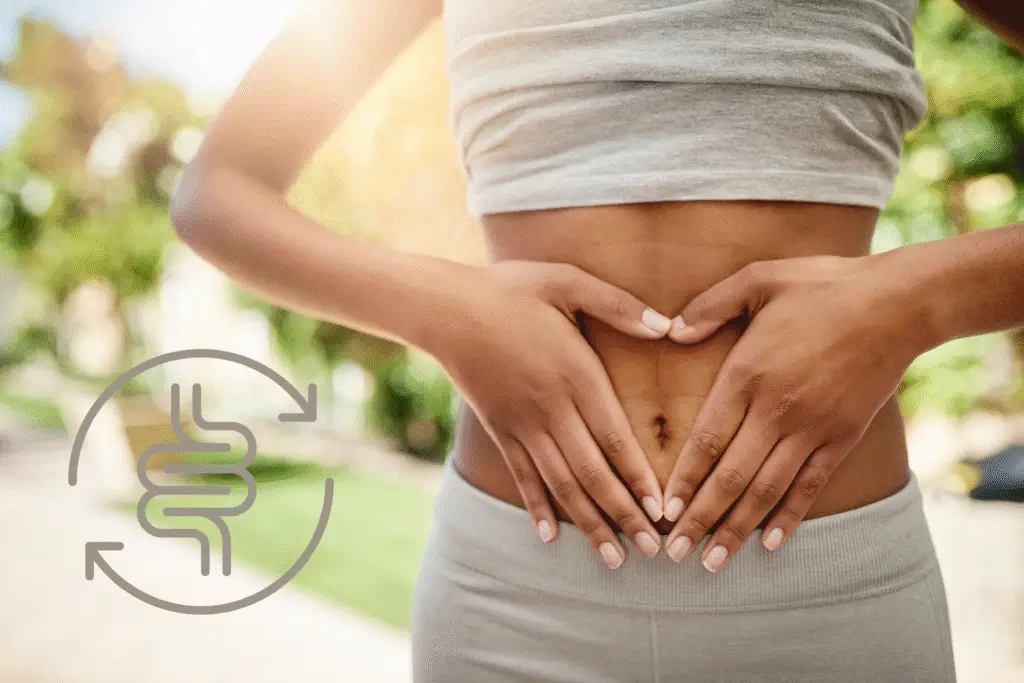7 Natural Ways to Relieve Bloating
Evidence-Based Solutions for Digestive Comfort
That uncomfortable, tight feeling in your stomach after eating doesn’t have to be your new normal.
According to a 2023 study published in Clinical Gastroenterology and Hepatology, nearly one in seven Americans—that’s about 30% of the population—experience regular bloating over the course of a week.

Bloating isn’t just uncomfortable; it can significantly impact your quality of life, affecting everything from your confidence to your daily activities. The good news is that you don’t have to rely solely on over-the-counter medications or simply “deal with it.” Science has identified numerous natural approaches that can provide real, lasting relief from digestive discomfort.
In this comprehensive guide, we’ll explore seven evidence-based natural solutions to help you understand how to relieve bloating naturally. These methods aren’t just folk remedies—they’re backed by peer-reviewed research and clinical studies. From strategic hydration timing to targeted probiotic support, you’ll discover practical strategies that address the root causes of bloating, not just the symptoms.
Whether you’re dealing with occasional post-meal discomfort or chronic digestive issues, these natural bloating relief methods can help you regain control over your digestive health and feel more comfortable in your own body.
Understanding Bloating: The Science Behind Digestive Discomfort
Before diving into solutions, it’s crucial to understand what’s actually happening in your body when you experience bloating. This knowledge will help you choose the most effective natural remedies for bloating for your specific situation.
What Causes Bloating?
- Gas Accumulation: Bacterial fermentation in your digestive tract
- Fluid Retention: High sodium, hormonal fluctuations
- Digestive Slowdown: Reduced motility with age
- Food Sensitivities: Lactose, fructose, complex carbohydrates
When to Seek Medical Help
- • Severe or persistent abdominal pain
- • Unexplained weight loss
- • Blood in stool
- • Fever with digestive symptoms
- • Symptoms interfering with daily life

1 Strategic Hydration and Timing
Scientific Evidence: Research published in the European Journal of Clinical Nutrition demonstrates that proper hydration supports optimal digestive function, while poor hydration timing can worsen bloating symptoms.
Mayo Clinic: Water and DigestionWater plays a fundamental role in virtually every aspect of digestion, yet many people don’t realize that when and how you hydrate can significantly impact bloating.
Hydration Protocol
- Morning: 16-20 oz warm water upon waking
- Pre-meal: 8 oz water 30 minutes before eating
- During meals: Small sips only
- Post-meal: Wait 30-60 minutes before large amounts
- Evening: Herbal teas for digestive support
Recommended Herbal Teas
- Peppermint: Relaxes digestive muscles
- Ginger: Supports gastric motility
- Chamomile: Anti-spasmodic properties
- Fennel: Traditional gas and bloating relief
Clinical Results: Studies show proper hydration timing can reduce post-meal bloating by up to 25% and improve gastric emptying rates.
2 Targeted Probiotic Support
Scientific Evidence: A comprehensive 2018 systematic review analyzing 70 clinical studies found that specific probiotic strains can significantly reduce bloating and overall digestive discomfort.
Systematic Review: Probiotics for Lower GI Symptoms
Evidence-Based Strains
- Bifidobacterium lactis: 42% reduction in bloating symptoms
- Lactobacillus acidophilus: Manages gas production
- Lactobacillus plantarum: Particularly helpful for IBS-related bloating
- Multi-strain formulas: Synergistic effects for comprehensive support
Natural Food Sources
- Plain Greek yogurt with live cultures
- Kefir (often tolerated by lactose-sensitive)
- Unpasteurized sauerkraut
- Kimchi with beneficial vegetables
- Miso with digestive enzymes
Implementation: Start with 1-5 billion CFU daily, take with food, and be consistent for 2-4 weeks to see benefits. Clinical studies show 60-70% of participants experienced reduced bloating.
3 Digestive Enzyme Optimization
Scientific Evidence: Research shows that as we age, digestive enzyme production naturally decreases, leading to incomplete food breakdown and increased gas production.
Harvard Health: Digestive Enzymes and BloatingNatural Enzyme Sources
- Pineapple (Bromelain): Protein-digesting enzyme with anti-inflammatory properties
- Papaya (Papain): Proteolytic enzyme that breaks down proteins
- Ginger: Stimulates digestive enzyme production
- Apple Cider Vinegar: Optimizes stomach acid levels
Enzyme Types & Functions
- Amylase: Breaks down starches and carbohydrates
- Protease: Digests proteins into amino acids
- Lipase: Breaks down fats and oils
- Lactase: Specifically digests lactose (milk sugar)
Timing: Take digestive enzymes 15-20 minutes before meals or with the first bite. Clinical trials show 60-80% reduction in post-meal bloating within 2-4 weeks.
4 Anti-Inflammatory Food Protocol
Scientific Evidence: Research published in the journal Nutrients demonstrates that an anti-inflammatory diet can modulate gut bacteria, reduce intestinal inflammation, and significantly improve bloating symptoms.
Anti-Inflammatory Diet and Gut Health Study
Omega-3 Rich Foods
- • Wild-caught salmon
- • Walnuts
- • Ground flaxseeds
- • Chia seeds
Polyphenol Sources
- • Berries (blueberries, blackberries)
- • Green tea
- • Dark chocolate (70%+ cacao)
- • Extra-virgin olive oil
Digestive Spices
- • Turmeric (curcumin)
- • Fresh ginger
- • Fennel seeds
- • Peppermint
Foods to Minimize During Flare-ups
- • Garlic and onions
- • Apples and stone fruits
- • Wheat and rye products
- • Processed foods
- • High-sugar beverages
- • Trans fats
Results: Studies show 40-50% reduction in bloating symptoms within 2 weeks of following an anti-inflammatory diet protocol.
5 Stress-Reduction Techniques for Gut Health
Scientific Evidence: Research published in the Journal of Physiology shows that psychological stress increases intestinal permeability, alters gut bacteria, and directly contributes to bloating.
Stress and Gastrointestinal Function StudyEvidence-Based Techniques
4-7-8 Breathing Technique
- 1. Inhale through nose for 4 counts
- 2. Hold breath for 7 counts
- 3. Exhale through mouth for 8 counts
- 4. Repeat 4-8 cycles
Mindful Eating Practices
- • Chew 20-30 times per bite
- • Eliminate distractions during meals
- • Create calm eating environment
Yoga Poses for Digestive Relief
- Child’s Pose: Gentle compression aids gas release
- Knee-to-Chest: Massages abdominal organs
- Seated Spinal Twist: Stimulates digestive organs
- Cat-Cow Pose: Promotes organ massage
Clinical Results: Studies show 35-45% improvement in IBS symptoms and reduced bloating frequency with consistent stress management practices.
6 Strategic Movement and Posture
Scientific Evidence: A 2023 review found that regular exercise, including simple walking, can significantly reduce IBS symptoms including bloating through improved gastric motility.
Exercise and Digestive Health ReviewEffective Movement Patterns
- Post-Meal Walking: 10-15 minutes, 30 minutes after eating
- Abdominal Massage: Clockwise circular motions, 5-10 minutes
- Hip Flexor Stretches: Release compression on digestive organs
- Spinal Twists: Massage internal organs
Posture Corrections
- Sit and stand with shoulders back
- Avoid slouching that compresses abdomen
- Take regular breaks from sitting
- Practice good ergonomics at work
Activities to Avoid When Bloated
- • Vigorous exercise immediately after eating
- • High-intensity workouts during acute symptoms
- • Lying flat immediately after meals
Research Results: Post-meal walking reduces bloating by 25-30% and improves gastric emptying times significantly.
7 Sleep and Circadian Rhythm Optimization
Scientific Evidence: Research shows that disrupted sleep patterns can significantly impair digestive function and increase bloating symptoms through altered gut bacteria and digestive hormone production.
Sleep and Gut Health ResearchSleep Hygiene Protocol
- Meal Timing: Finish last meal 3-4 hours before bed
- Sleep Position: Left side promotes optimal stomach emptying
- Temperature: Keep bedroom at 65-68°F
- Light Exposure: Minimize blue light 1 hour before bed
Wind-Down Routine
- Gentle stretching or yoga
- Herbal tea (chamomile, passionflower)
- Avoid screens for optimal melatonin production
- Meditation or relaxation techniques
Sleep Benefits: Quality sleep improves digestive hormone production, reduces inflammation markers, and supports beneficial gut bacteria growth.
Creating Your Personalized Bloating Relief Protocol
Foundation Building
- • Strategic hydration timing
- • Anti-inflammatory foods
- • Basic stress reduction
- • Sleep hygiene optimization
Targeted Interventions
- • Probiotic foods/supplements
- • Digestive enzyme support
- • Post-meal movement routine
- • Advanced stress techniques
Optimization
- • Fine-tune based on response
- • Address remaining triggers
- • Build sustainable habits
- • Long-term maintenance
Tracking Your Progress
- • Bloating frequency and severity (1-10 scale)
- • Energy levels throughout the day
- • Sleep quality and duration
- • Bowel movement regularity
- • No improvement after 4 weeks
- • Any adverse reactions
- • New triggers identified
- • Lifestyle changes occur
When to Seek Professional Help
Red Flag Symptoms
- Immediate Medical Attention:
- • Severe, persistent abdominal pain
- • Unexplained weight loss
- • Blood in stool or vomit
- • Fever with digestive symptoms
- • Severe difficulty eating or keeping food down
Professional Support Needed
- • No improvement with natural interventions after 6-8 weeks
- • Chronic digestive issues affecting quality of life
- • Suspected food allergies or intolerances
- • Family history of digestive disorders
- • Need for comprehensive testing (SIBO, food sensitivity)
Questions to Ask Your Healthcare Provider:
- • Could my symptoms indicate an underlying condition?
- • What tests might help identify the cause?
- • How can I safely integrate natural approaches with medical treatment?
- • What warning signs should prompt immediate contact?
Conclusion and Your Next Steps
Managing bloating naturally is entirely possible with the right approach and consistency. The seven evidence-based methods outlined in this guide work synergistically to address the root causes of digestive discomfort, not just the symptoms.
Key Takeaways
- • Bloating is multifactorial—address multiple aspects simultaneously
- • Consistency matters more than perfection
- • Individual variation means personalization is key
- • Natural approaches require time but provide lasting results
Start Today
- • Implement morning hydration protocol
- • Practice 4-7-8 breathing technique
- • Plan anti-inflammatory meals for next 3 days
- • Take a 10-minute walk after your next meal
Ready to Transform Your Digestive Health?
Remember, natural bloating relief is a journey, not a destination. With patience, consistency, and the right strategies, you can significantly improve your digestive comfort and overall quality of life.
For more evidence-based health insights, explore our digestive health category or visit our homepage for comprehensive wellness guidance.
Scientific References
1. Tornblom, H., & Simrén, M. (2023). Bloating prevalence and characteristics in the general population. Clinical Gastroenterology and Hepatology. https://pubmed.ncbi.nlm.nih.gov/36396061/
2. Harvard Health Publishing. (2024). How to get rid of bloating: Tips for relief. https://www.health.harvard.edu/staying-healthy/how-to-get-rid-of-bloating-tips-for-relief
3. Hungin, A. P. S., et al. (2018). Systematic review: probiotics in the management of lower gastrointestinal symptoms. Alimentary Pharmacology & Therapeutics. https://pmc.ncbi.nlm.nih.gov/articles/PMC5900870/
4. Mayo Clinic. (2024). Water after meals: Does it disturb digestion? https://www.mayoclinic.org/healthy-lifestyle/nutrition-and-healthy-eating/expert-answers/digestion/faq-20058348
5. Konturek, P. C., et al. (2023). The impact of acute and chronic stress on gastrointestinal physiology. Journal of Physiology. https://physoc.onlinelibrary.wiley.com/doi/10.1113/JP281951
6. Johns Hopkins Medicine. Anti-inflammatory diet guidelines. https://www.hopkinsmedicine.org/health/wellness-and-prevention/anti-inflammatory-diet
7. Exercise therapy for irritable bowel syndrome: A systematic review. (2023). Journal of Rehabilitation Medicine. https://www.ncbi.nlm.nih.gov/pmc/articles/PMC10424096/
8. Sleep and circadian rhythms in digestive health research. (2023). Journal of Clinical Investigation. https://www.sciencedirect.com/science/article/pii/S0022316623055293
Disclaimer: This article is for informational purposes only and should not replace professional medical advice. Always consult with a healthcare provider before making significant changes to your diet or health routine, especially if you have existing health conditions.



